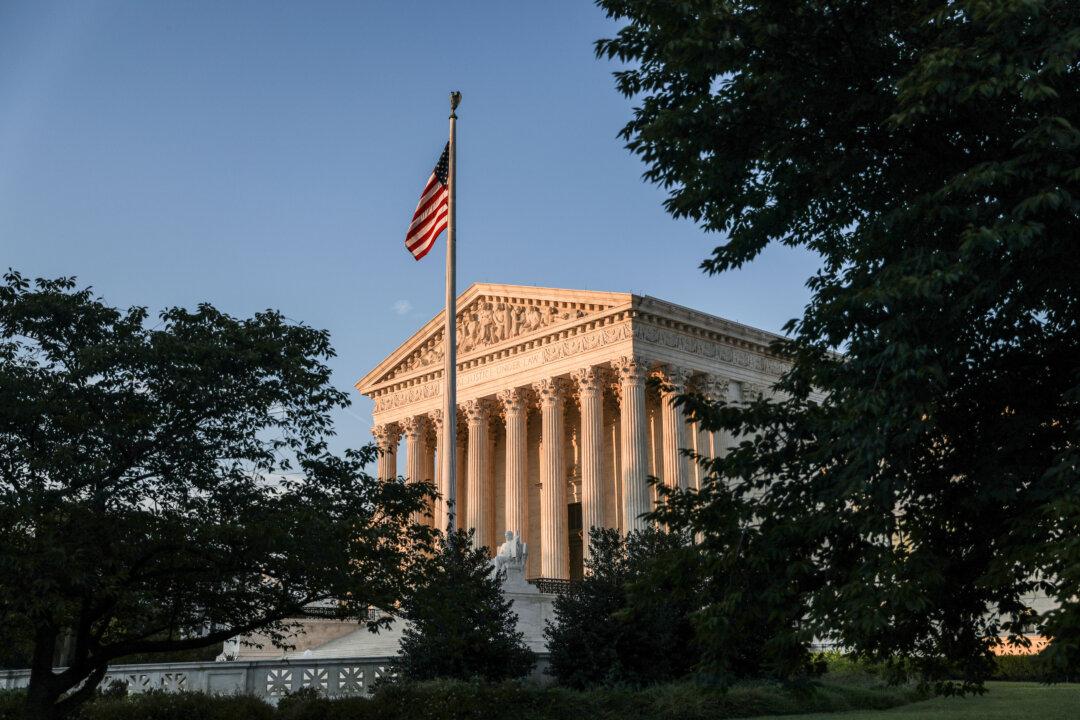A coalition of 21 state attorneys general is asking the Supreme Court to strike down a Maryland law that denies concealed carry permits, unless applicants can convince local officials they have a “good and substantial reason” to be granted one by local authorities.
West Virginia Attorney General Patrick Morrisey, a Republican, and the other state officials filed a friend-of-the-court brief with the Supreme Court on Dec. 18 in a case cited as Malpasso v. Pallozzi. Morrisey and the others want to expand the scope of protection afforded to gun-ownership rights after the high court ruled in District of Columbia v. Heller (2010), that the right to possess a firearm is an individual right, and in McDonald v. Chicago (2012), that the right of an individual to “keep and bear arms” applies to the states.





